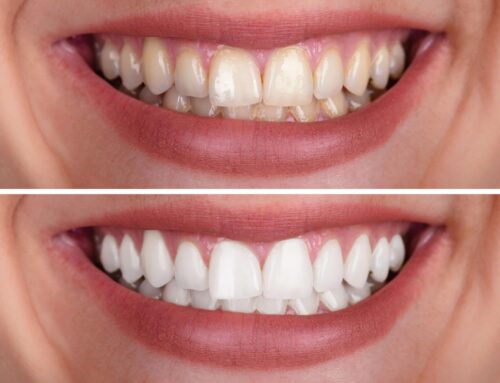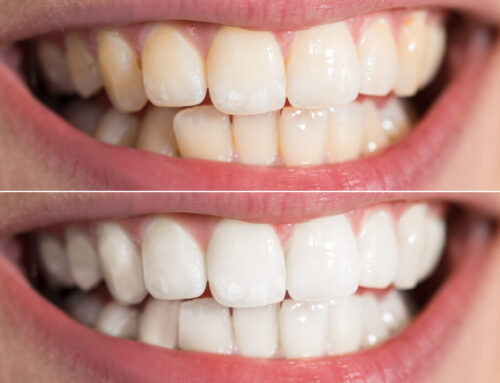 There’s no denying that we love our coffee. In 2017, New Zealand ranked 13th highest consumer of coffee worldwide – higher than both Australia and the United States! An estimated 52% of Kiwis are regular coffee-drinkers. So when we talk about coffee stains on teeth, this is a potential issue for more than half of us.
There’s no denying that we love our coffee. In 2017, New Zealand ranked 13th highest consumer of coffee worldwide – higher than both Australia and the United States! An estimated 52% of Kiwis are regular coffee-drinkers. So when we talk about coffee stains on teeth, this is a potential issue for more than half of us.
As coffee consumption has grown steadily, so too has the demand for teeth whitening services…this is no coincidence!
Coffee contains tannins, which are also found in wine and tea, and these stain your teeth just as readily as they stain your clothes. Tannins are a type of micronutrient called polyphenol. They break down in water and cause colour composites in the drink to stick to your teeth, resulting in discolouration.
Just one cup of coffee per day is enough to stain your teeth.
The only drink which doesn’t affect the bacteria found naturally in your mouth is water because it has a neutral pH. In contrast, coffee is highly acidic and therefore encourages the bacteria in your mouth to grow – attacking your teeth and causing the enamel to erode.
The higher levels of bacteria in your mouth can then lead to xerostomia, which is a lack of saliva that causes dry mouth. A lack of saliva also provides an ideal environment for bacteria to grow out of control, compounding the problem. This commonly leads to bad breath or halitosis which is a nasty condition that none of us want!
So, coffee drinkers are potentially faced with stained teeth, enamel erosion and bad breath: not a very appealing picture, is it?
For those of us who need our daily coffee (or coffees), there are several ways you can reduce the effects of coffee stains on teeth:
- Drink water when you’ve finished your cup of coffee. Not only does this help you to stay hydrated, but swishing water around your teeth and gums can help to wash away any coffee residue.
- Make flossing part of your daily routine. Flossing is great for oral hygiene in general as it helps to prevent plaque from building up between your teeth. Because plaque is very porous, it holds stains from drink and food much more readily than teeth do.
- Don’t be tempted to brush your teeth after a cup of coffee. The high acidity in coffee softens teeth enamel. Brushing immediately after coffee when the enamel is soft can actually strip your teeth, causing them to become more porous and hold stains.
- Avoid teeth whitening strips because the chemical agents in them make your teeth more porous, and again prone to holding stains.
- We recommend seeing our dental hygienists every six months as they can expertly get rid of most of the stains that have built up on your teeth.
- If your teeth need some additional help to remove coffee and other stains, we offer teeth whitening services. Our dental hygienists can perform teeth whitening processes in our clinic, or equip you with the products to manage this at home. Our professional teeth whitening services will not compromise your enamel.
Contact us to find out more about removing coffee stains from teeth and keeping your teeth white and healthy.



